| |
|
|
|
|
|
|
| |
|
Editor's note
|
|
In 2016, more than 10 million guns were produced in the U.S. Close to half were pistols. That’s telling, says Michael Siegel of Boston University. More and more Americans are in the market for guns designed for self-defense and concealed carry, thanks in part to a focused marketing effort by the gun industry. Siegel explores what else the data says about our nation’s changing gun culture.
Four decades ago, the National Rifle Association transformed from a group that mainly focused on hunting and other recreational gun-related activities into a conservative powerhouse apt to reject all restrictions on firearms. Although the group has gotten its way most of the time since that turning point, “the NRA does not always win” gun control battles, writes political scientist Robert Spitzer. And no matter how loudly it rejects the calls from the Florida teens who survived their high school’s tragedy for new limits on gun ownership, this might be one of those
losing battles.
|
Aviva Rutkin
Big Data + Applied Mathematics Editor
|

|
|
Top stories
|

AR-15-style rifles on display in a Texas retail shop.
AP Photo/Lisa Marie Pane
Michael Siegel, Boston University
Gunmakers should be at the center of any discussion of the root causes of violence, and a closer look at firearms sales reveals some interesting trends.
|

Late actor and former National Rifle Association President Charlton Heston held a rifle aloft at a 2002 get-out-the-vote rally.
AP Photo/Jim Cole
Robert Spitzer, State University of New York College at Cortland
The group, founded in 1871, didn’t try to smother virtually all gun control efforts until the mid-1970s.
|
Ethics + Religion
|
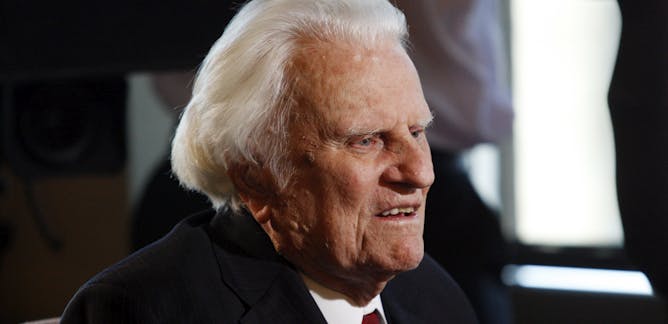
David Mislin, Temple University
In the 1950s, religious language found its way into government and politics, due in no small part to Billy Graham.
| |

Travis N. Rieder, Johns Hopkins University
A scholar explains why there is no one answer. Some pain is devastating, and sometimes such pain responds well to opioids. On the other hand, there is evidence that some physicians overprescribe.
|
|
|
Arts + Culture
|

Nicole Smith Dahmen, University of Oregon
According to a photojournalism expert, there can be a relationship between exposure to grisly images and activism. But there are also ethical considerations to be made.
| |
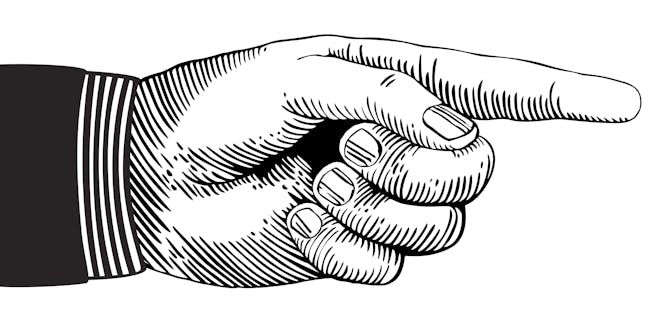
Kensy Cooperrider, University of Chicago
It was long thought that humans everywhere favor pointing with the index finger. But some fieldwork out of Papua New Guinea identified a group of people who prefer to scrunch their noses.
|
|
|
Economy + Business
|

Giulio Gallarotti, Wesleyan University
The idea that the US is historically a free trading country is a myth. Here's why that's a good thing.
| |

Craig Leon, University of Oregon
A lack of federal funding for their training, travel or living expenses leaves many elite American athletes juggling day jobs and scrambling to pay their bills.
|
|
|
Politics + Society
|

Oscar Gil-Garcia, Binghamton University, State University of New York
A scholar documented the risks a migrant faced after deportation, including his becoming involved in smuggling people across the border.
| |
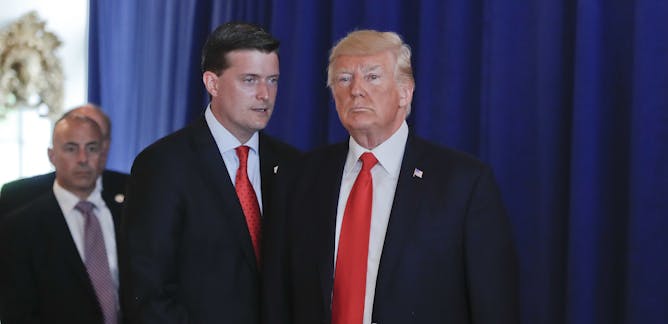
Richard Tolman, University of Michigan
Domestic violence services have rightly focused most attention on meeting survivors' needs. Increasingly, though, organizations are involving men and boys in domestic violence prevention.
|
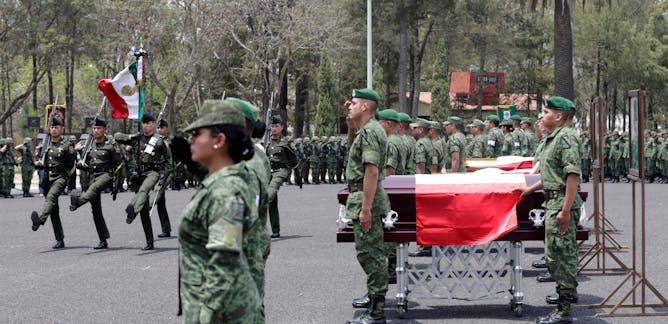
Luis Gómez Romero, University of Wollongong
Exactly 234,966 people have died in Mexico's 11-year drug war. Now the government wants to deploy soldiers to criminal hot spots, a move many fear will just increase violence and weaken the police.
| |
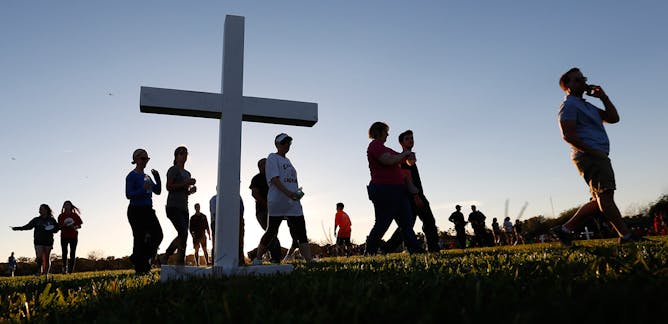
Brian DeLay, University of California, Berkeley
Advocates of gun control may despair in the wake of mass shootings like the one in Parkland, Florida, but the history of government support for the gun industry shows Americans have more sway than they think.
|
|
|
Education
|
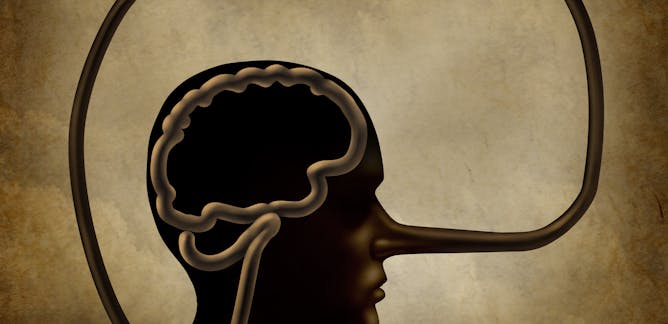
Stephanie Jones, Grinnell College
An education professor, who worked as a teacher in Atlanta Public Schools during a cheating scandal that began in 2009, explains what factors and forces lead educators to fake academic success.
| |
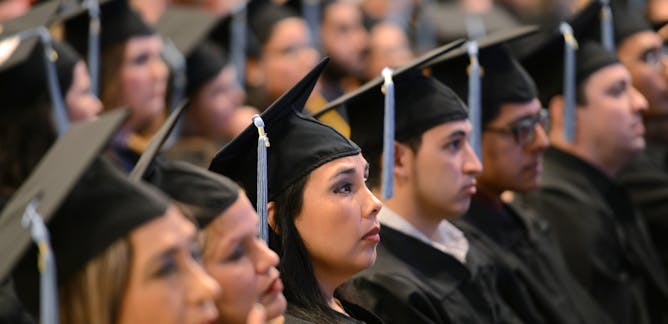
Robert Kelchen, Seton Hall University
Despite good intentions, efforts to hold colleges and universities accountable often miss the mark. The reasons why range from politics to resistance among the institutions themselves.
|
|
|
Environment + Energy
|

Katherine Levine Einstein, Boston University; David Glick, Boston University; Maxwell Palmer, Boston University
They don't all support the same strategies for coping with it, but US mayors increasingly see climate change as a pressing urban challenge.
| |
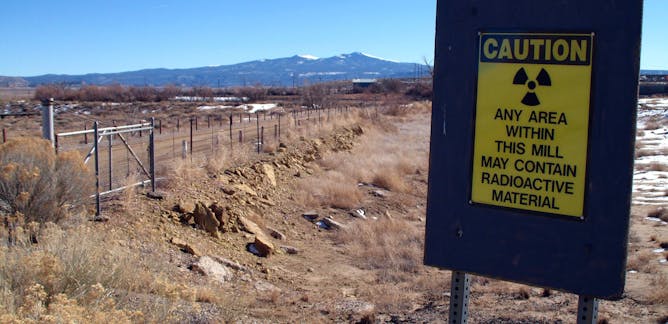
Stephanie Malin, Colorado State University
The Trump administration's push for 'energy dominance' could spur a new wave of domestic uranium production. A scholar describes the damage done in past uranium booms and the visible scars that remain.
|
|
|
Health + Medicine
|

Padmashree Rida, Georgia State University; Ritu Aneja, Georgia State University
Research has resulted in advances in treating breast cancer in recent decades, but a wide gap exists in mortality rates between African-American women and white women. Here's a look into why.
| |

Sharona Hoffman, Case Western Reserve University
More than 47 million people age 65 and older live in the US, and many need help accessing health care. Here are some questions that grown children should ask their parents' doctors.
|
|
|
Science + Technology
|

Natalie Jones Slivinski, University of Washington
Pharmaceutical companies focus on small molecules they've devised – and can easily patent. But nature's already come up with many antibacterial compounds that drug designers could use to make medicines.
| |
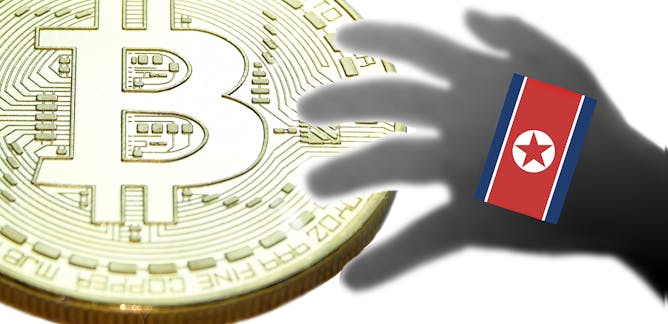
Dorothy Denning, Naval Postgraduate School
North Korea's cyber army is closely controlled by the ruling regime – a key difference from other countries' cyberattack and espionage groups.
|

Larry Lemmons, Texas Tech University; Asheley R. Landrum, Texas Tech University
Twenty years ago, a Texas court decided Winfrey hadn't defamed the state's cattle industry. At the time, local media struggled to explain the science at stake in the case.
| |

Scott Shackelford, Indiana University
An ultra-safe industry has important experience that could help a vulnerable new industry improve its safety.
|
|
|
| |
| |
| |
| |
| |
| |
|
|
|
|
|
|
| |